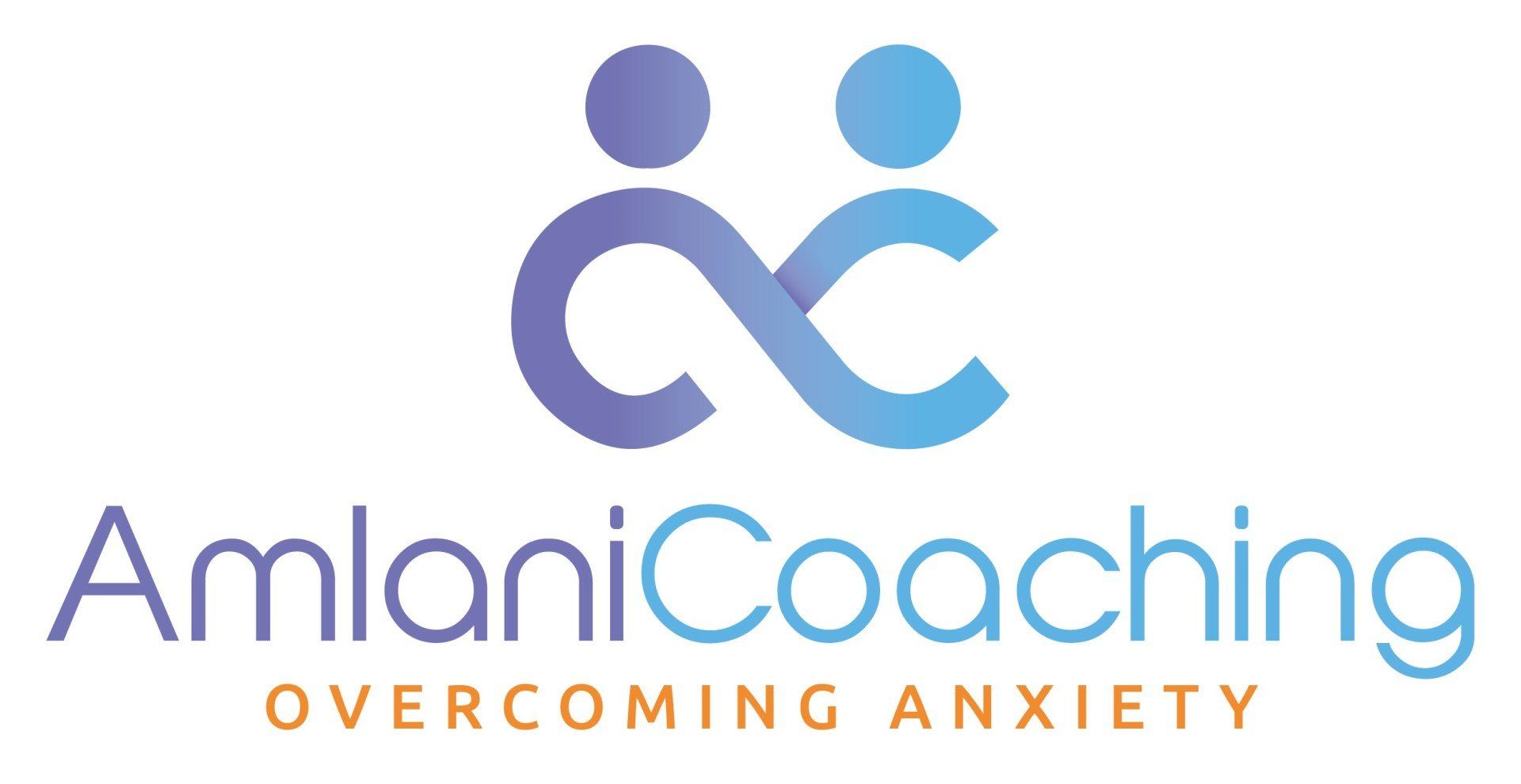BLOG
BLOG

By Priya Amlani
•
10 Oct, 2023
Parents need to look after their own mental health for several crucial reasons: 1. Role model: Parents serve as role models for their children. When parents prioritise their mental health, they demonstrate healthy coping mechanisms and self-care practices that children can learn from and emulate. 2. Parenting effectiveness: Good mental health enables parents to be more patient, understanding, and emotionally available to their children. It enhances their ability to provide a stable and nurturing environment for their kids. 3. Stress management: Parenting can be challenging and stressful at times. Maintaining mental well-being equips parents with the resilience to handle stress, reducing the risk of burnout and emotional exhaustion. 4. Healthy relationships: A parent's mental health can significantly impact their relationships with their spouse or co-parent, family members, and friends. Prioritising mental health can improve these relationships and create a more supportive network. 5. Emotional regulation: Children often look to their parents for emotional guidance. When parents are emotionally stable, they can better help their children navigate their own emotions and challenges. 6. Long-term well-being: Neglecting mental health can lead to long-term consequences, including chronic stress, anxiety, and depression. Taking care of one's mental health is essential for overall well-being and quality of life. 7. Preventing intergenerational issues: Addressing one's mental health concerns can break the cycle of mental health issues passing from one generation to the next, creating a healthier family legacy. 8. Personal fulfillment: Self-care and mental well-being contribute to personal fulfillment and happiness, allowing parents to enjoy their parenting journey and life in general. In essence, taking care of one's mental health as a parent is not only beneficial for the individual but also crucial for creating a nurturing, supportive, and healthy family environment. It sets a positive example for children and promotes their own mental well-being. Feel free to contact me, should you need support with your mental wellbeing.

By Priya Amlani
•
10 Oct, 2023
In a world where constant demands and obligations seem to pull us in all directions, the two-letter word "no" often feels like a difficult one to utter. However, it's precisely this tiny but mighty word that holds the key to unlocking a life filled with balance, self-care, and empowerment. The importance of saying no cannot be overstated, as it paves the way for setting boundaries, reducing stress, and safeguarding our mental and emotional well-being. Saying no is not just an option but a vital skill in our journey towards a happier and healthier life. Yes, learning to say no can indeed help improve mental health. Here’s how: 1. **Reduced Stress**: Saying no when you need to can reduce the stress and pressure that come from overcommitting yourself. It allows you to prioritise your own well-being. 2. **Boundaries**: Setting boundaries by saying no helps you protect your personal time and space. This can prevent feelings of resentment or being overwhelmed. 3. **Self-Care**: It gives you more time for self-care and activities that nourish your mental health. Prioritising your needs is crucial for maintaining emotional balance. 4. **Improved Relationships**: Saying no when necessary can lead to more authentic and honest relationships. People will understand your limits and respect your decisions. 5. **Increased Confidence**: Learning to assert yourself by saying no can boost your self-esteem and self-confidence, as you take control of your choices. However, it's important to find a balance. Saying no should be done thoughtfully and respectfully, considering the needs of others as well. Learning to say no effectively is a valuable skill for maintaining good mental health. Feel free to contact me if you would love to feel more confident and want to learn to say NO.
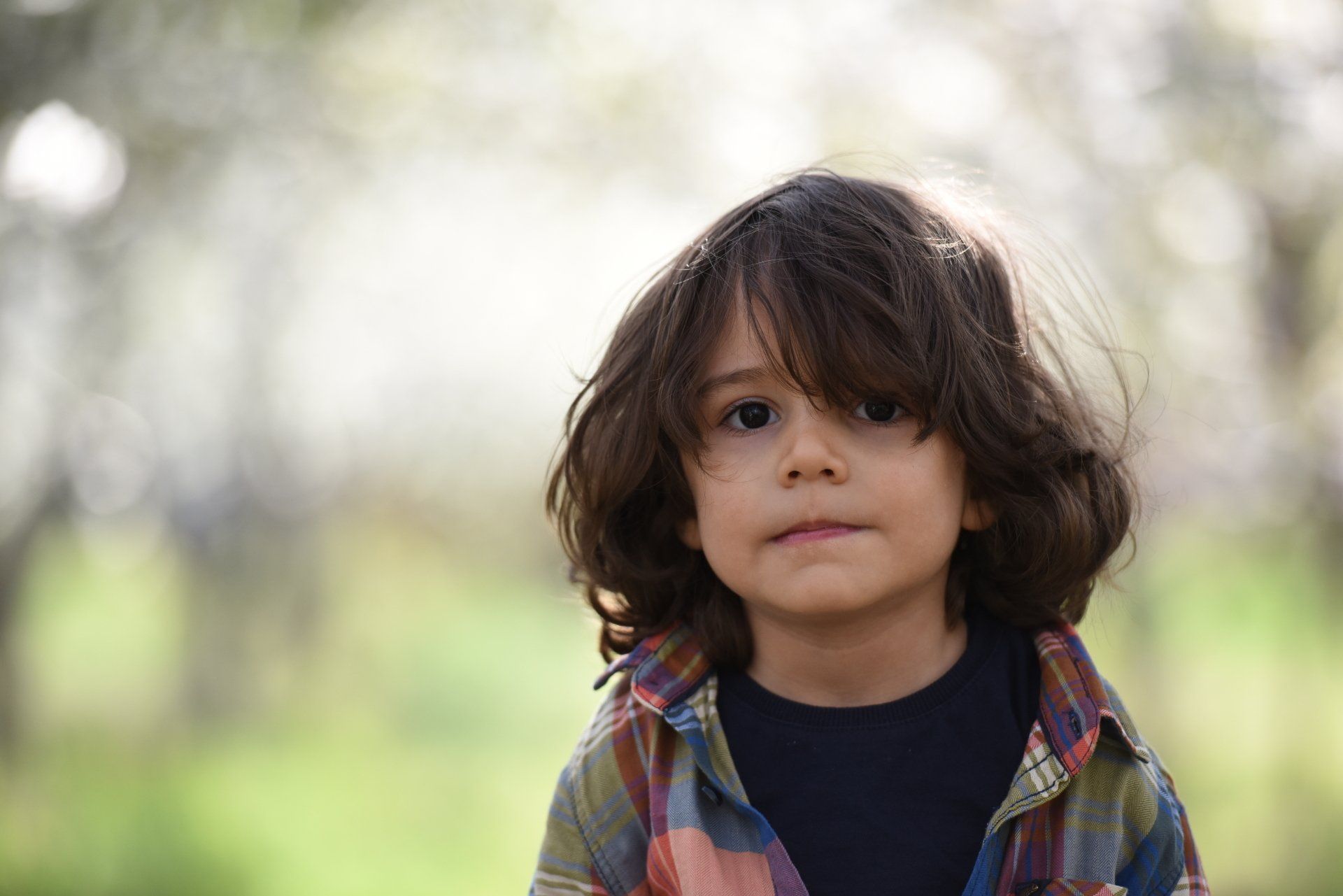
By Priya Amlani
•
02 Sep, 2023
School anxiety, also known as school refusal, is a term used to describe a range of emotional and psychological symptoms that children and teenagers may experience in relation to attending school. It's important to note that school anxiety is different from the typical nervousness or stress that many students feel from time to time. Causes of school anxiety can vary and may include academic pressure, social pressures, bullying, learning disabilities, or other underlying emotional issues. It's essential for parents, teachers, and school professionals to recognise the signs of school anxiety and provide appropriate support, which may include counselling, therapy, or adjustments to the school environment. Here I share five steps to help you as parents to start dealing with your child’s school anxiety: 1. Open Communication: Create a safe space for your child to express their feelings. Listen actively and without judgment to understand the specific triggers of their anxiety. 2. Identify Triggers: Work together to identify the specific aspects of school that cause anxiety. It could be tests, social situations, or academic expectations. Understanding the triggers will help you address them more effectively. 3. Positive Reinforcement: Acknowledge and praise their efforts, no matter how small. Encourage their strengths and progress. This can boost their self-esteem and reduce anxiety. 4. Gradual Exposure: Slowly expose your child to the situations that trigger anxiety, starting with less stressful ones. Gradually increase the exposure as they become more comfortable and confident. It is important to have the teachers on board and informed when starting gradual exposure. 5. Teach Coping Strategies: Teach them relaxation techniques, deep breathing exercises, or mindfulness practices. These strategies can help manage anxiety in the moment and over time. Remember, if the anxiety is severe or persistent, it's a good idea to seek professional help from a therapist who specialises in working with children and anxiety. The sooner you deal with school anxiety, the better the outcomes will be. At Amlani Coaching, we support parents through our parenting coaching programs and support children and teenagers through therapy and coaching. Feel free to contact me via priya@amlanicoaching.com if require professional help. Written by, Priya Amlani Anxiety Specialist
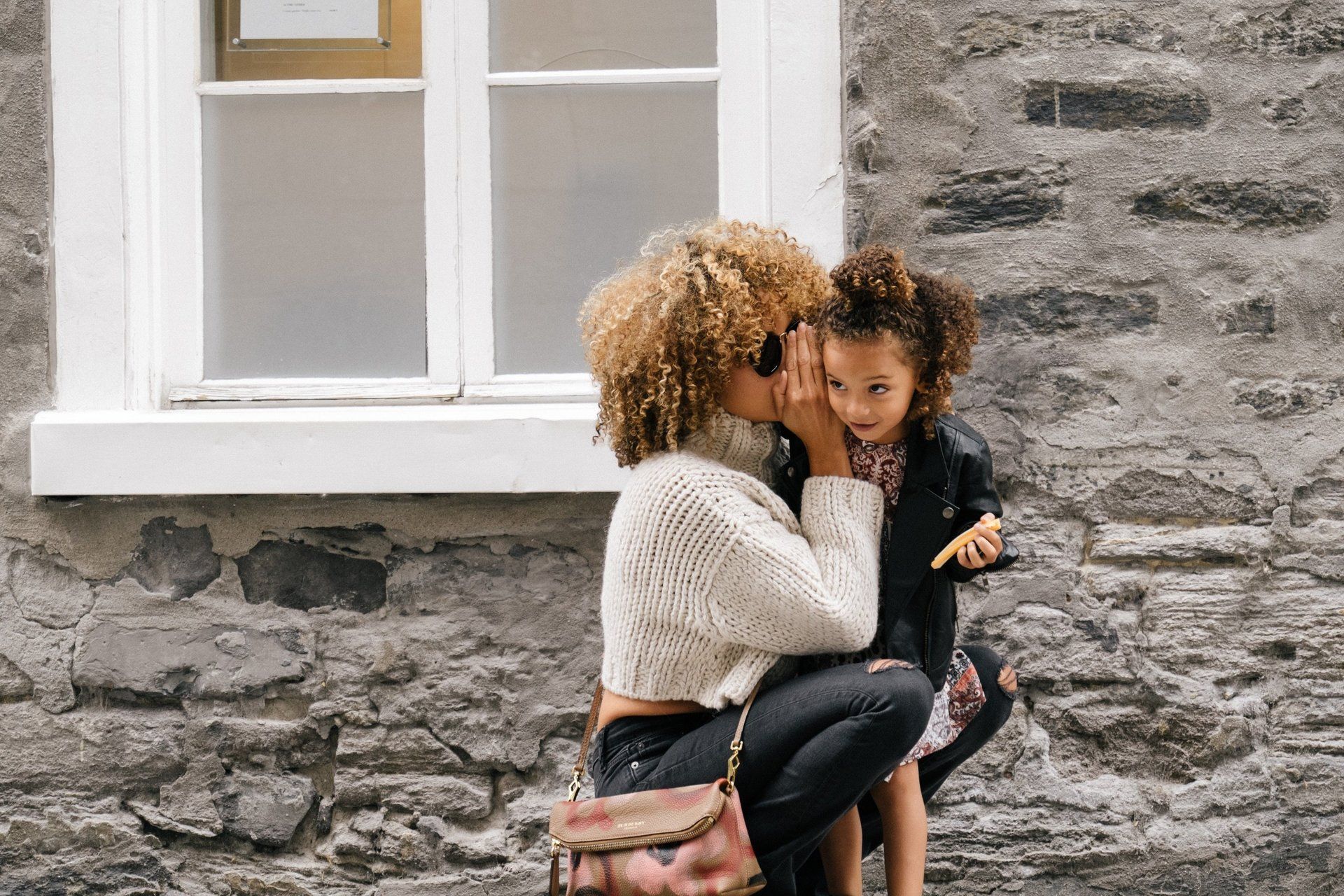
By Priya Amlani
•
06 Jan, 2021
I just wanted to share a few key learnings I had from the first lockdown personally and through the parents I work with in the hope it will help others this time round. 1. You cannot pour from an empty cup. Many parents feel they must get everything done. Be a parent, be a teacher, be a cook, a cleaner etc. Please prioritise yours tasks and prioritise 10-15 mins for yourself a day. Do something fun with your family that you enjoy. Take yourself to the beginning of the first lockdown when you enjoyed the newfound freedom before it started to get all too much. You are no good to your kids/family if you are burnt out. This would just add more strain to the relationships. 2. Do not try to keep up with the Joneses. In this day of social media, there is a lot of unconscious comparisons with others, be it about what the kids are doing, or how the parents look and present themselves, or how composed someone is. Trust me most people including me only post pictures of the good times as this is what we want to remember and convince ourselves all is ok. 3. Work-Life balance is important. With all the financial concerns right now, it is understandable that you would want to work as much as possible, to elevate yourself and create a presence for yourself. Please think this through carefully, especially those with their own business, you may feel obliged to give your time to support others because others are doing so. You may feel obliged to run free sessions because others are doing so. Please weigh out the pros and cons for yourself and your family before you follow the crowd. Every family dynamic is different and again like point 1, burning yourself out does not help. Have a mindset that there is enough work for all, and you will save yourself hours from you spending time on social media just watching what your competitors are doing. When you get the right balance, you will genuinely enjoy whatever you do, and all will be able to see your authenticity. 4. When it comes to your children- Be a parent first. I saw so many parents trying to be teachers in the first lockdown and it led to an increase in behavioural issues because both parents and child were frustrated. Teachers are trained to be teachers, to adapt to various learning styles and be able to teach things in various ways. As parents if you are not aware that your learning style is different to the child, you will continue to insist on your methods which will only push your child away. Now, I am not saying there can be no teaching, do teach but as a parent. If you do not know something, be honest and let your child know that you will ask someone and get back to them. If they do not seem to understand, do not take it personally. Children need love and connection most in these unprecedented times and learn best if they are relaxed. They will remember the good times and memories created more than anything else. We are all born with this amazing instinct, but we occasionally let others cloud it!! You are all resilient amazing parents and have got this. If you stay true to yourself and follow your own instincts, you will be fine!! (The definition of Resilience I like best is “Knowing you will be ok no matter what”). Lots of love Priya Amlani
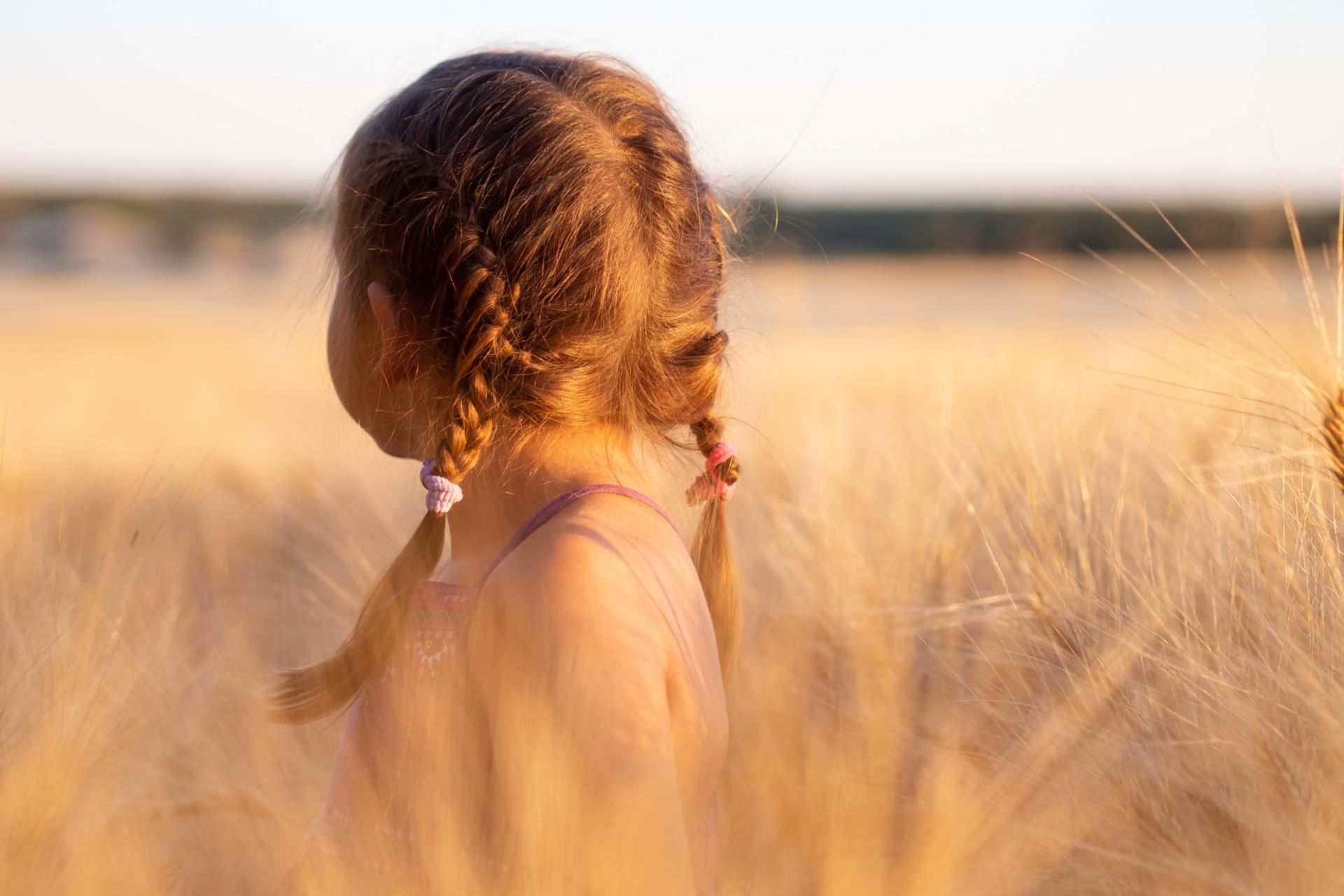
By Priya Amlani
•
24 Nov, 2020
Setting the Bullied & the Bully Free!! I was bullied as a child, bullied at some of my workplaces and have had the experience of being bullied virtually. This post is not about wanting sympathy, but to share with you all some insights I have had that really helped me move on, to make peace with all those who bullied me and it’s something that I share with those I work with. (I am an Anxiety Specialist, some prefer to call me “The coach” and my favourite to date, by a 6-year-old “worry doctor”). Today I write this as Priya, the one who cried many nights, the one who was extremely sensitive and the one who often also got truly angry. Today I write this with my heart and without my professional hat on, so I hope you bear with me. So, to all who are or were bullied, I spent many years thinking my lack of confidence and worrying was because I was bullied, I spent many years wondering why me? I looked for answers to fix myself because I thought I was damaged or broken. It is only in the last few years that I was genuinely able to make peace with myself. So here is the little insight I had that changed it all for me. This is a powerful exercise to do with your kids too. Do this with me as you read, it is way more powerful! Just trust me! Get yourself a paper, scrunch it up, step on it if you want, punch it but just be careful not to tear it. Now open it up, straighten it up! Is it the same? Is it ruined? Now this metaphor is used in schools and has made it’s rounds on social media to show the bully that this is what they are doing to the other person, they are hurting, and damaging others and it is not kind. Now the intention is good, but what message are we giving to those being bullied? We are telling them, they are like paper, easily hurt or damaged. Once bullied, you can never be yourself! But is this really the case? Now get yourself a banknote (paper money), scrunch it up, punch it, do whatever you like to it but again, remember being careful not to tear it. Now open it up. Straighten it. Has the value changed? Is it really damaged? Would you use it at the next shop? 😉 The good news is we are NOT a mere paper! We are much more!! Yes, we do get hurt and we feel the sadness and upset of being bullied, but as soon as we see our own value, NO-ONE OR NOTHING can break you mentally. Your well-being, your spirit, is intact. Your value is there in you always, it is not lost, broken or damaged. It was in you from the day you were born and will be with you till you die! (This insight, changed my life in the moment.) Now I speak to those who bully, “just like you cannot break anyone or damage anyone” YOU the BULLY are not broken or damaged, it’s the only thing you have known to do, to protect yourself. I hear you and know it is the fact that through whatever insecurities you have, you have forgotten your value and therefore you feel you must have power to see your own worth. Please get help and support, because I believe bullies also need love and support to see their own worth. I know it is lonelier for you because it’s easier for a bullied person to speak up then a bully to say- I bully or I am a bully. But once you do, you will set yourself free from the cycle of hurting others and yourself. Let us as all as parents remember our value and when our daughters and sons come and complain they are being bullied, let us help them see their value is intact AND let us make sure the bully can get help too. How they get help is not our responsibility, but just ask their parents or teachers to support the bully to stop doing so. No one is born a bully, but the circumstances led them to forget their true value and turned them into one. (An insight that enabled me to forgive easily!) I am not saying let us not empathise with our children, please do, in fact it is important that we recognise the pain and hurt and we have their back but then help them remember to see their true value- their spirit! Positive parenting is about showing them they are resilient no matter what. I encourage you to do this exercise with your kids and would love to hear how the kids responded. Lots of love and hugs to all Priya
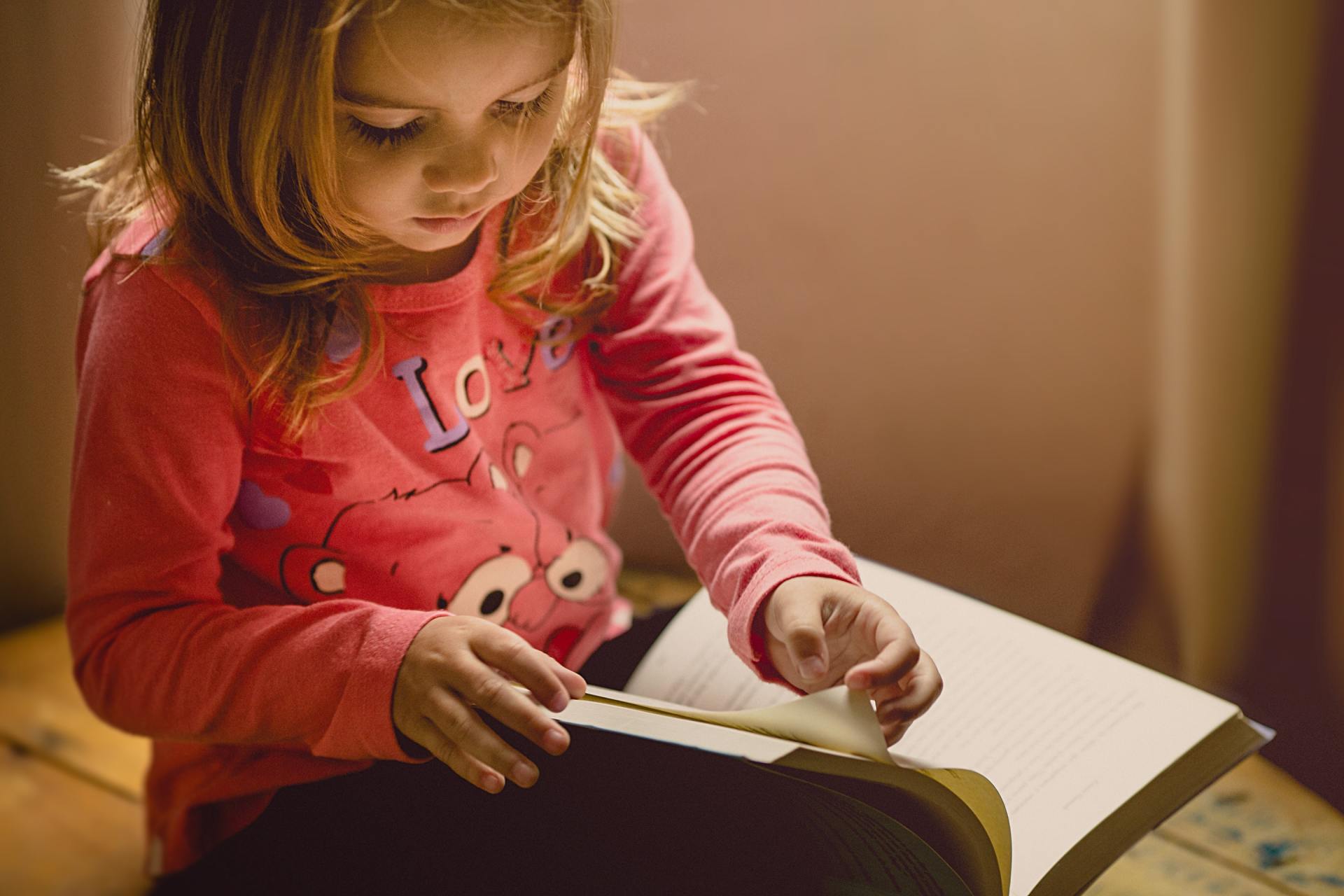
By Priya Amlani & Dr Nisha Patel
•
16 Apr, 2020
Children and young people are hearing a lot about COVID-19 and normal life has been disrupted for all of us. The extensive media coverage provides helpful information, but this can also be overwhelming, and it is natural that you as a parent may be worried about yourself, family members and friends. Likewise, children may be worried about you, family members and friends. It is important to understand anxiety presents differently in different individuals; some may have a physical response which means they may feel something in their bodies. Some may be affected mentally which means it affects how they think, and some may have behavioural changes where they may exhibit behaviours of avoidance or in the case of Covid-19, they may also exhibit OCD like symptoms. Other words for anxiety might be: • Scared • Nervous • Frightened • Panicky Parents and other family members can be a great help when children and young people become anxious, and there are many reliable resources which can support adults in providing this help, we have put together the key messages from UNICEF, WHO and NHS websites here for you. 1. Take care of yourself Manage your own anxieties, the calmer you are the calmer your children will be. You’ll be able to help your kids better if you are coping, too. Children will pick up on your own response to the news, so it helps them to know you are calm and in control. If you’re feeling anxious or upset, take time for yourself and reach out to other family, friends and trusted people in your community. Avoid following every news channel and make sure you switch off from social media that impacts you negatively. Ensure to only follow trusted channels to keep up to date with government guidelines. Make some time to do things that help you relax and recuperate. 2. Schedule specific worry time every day (10 mins) One thing that often happens with anxiety is that the thoughts spiral negatively and creates a lot of concern for the individual. You may notice this when your children start to ask too many “what if” questions. Worry time is therefore a set time of approximately 10 mins a day, to discuss any worries that your children may have. Many parents are already over scheduled and you may be saying to yourself, “Now this!!” The benefits of worry time are that it helps children understand their concerns will be addressed and you as a parent are present to listen. This helps build the connection between yourself and your children whatever their age. This also helps them learn that they do not have to focus on their negative thoughts all day and will start to learn to manage their anxieties and many of their concerns may drop off by worry time. Once they learn to push their worries away to worry time, they will start to be more productive in the day and be able to focus, concentrate and have fun on whatever task they are doing. How to manage worry time a) Be honest: explain the truth in a child-friendly way • Children have a right to truthful information about what’s going on in the world, but adults also have a responsibility to keep them safe from distress. Use age-appropriate language, watch their reactions, and be sensitive to their level of anxiety. • If you can’t answer their questions, don’t guess. Use it as an opportunity to explore the answers together. Websites of international organizations like UNICEF and the World Health Organization are great sources of information. Explain that some information online isn’t accurate, and that it’s best to trust the experts. • Disperse any myths and superstitions. b) Ask open questions Open-ended questions are those which require more thought and more than a simple one-word answer while closed-ended questions are those which can be answered by a simple "yes" or "no." Examples of open-ended questions are: ✓ What have you been feeling today? ✓ What worries do you have? ✓ How can I support you? ✓ What do you want to understand? c) Listen, Acknowledge & Reassure • Start by inviting your child to talk about the issue. Find out how much they already know and follow their lead. If they are particularly young and haven’t already heard about the outbreak, you may not need to raise the issue – just take the chance to remind them about good hygiene practices without introducing new fears. • Make sure you are in a safe environment and allow your child to talk freely. Drawing, stories and other activities may help to open a discussion. • Most importantly, don’t minimise or avoid their concerns. Be sure to acknowledge their feelings and assure them that it’s natural to feel scared about these things. Demonstrate that you’re listening by giving them your full attention, and make sure they understand that they can talk to you about anything. d) Close conversations with care • It’s important to know that we’re not leaving children in a state of distress. As your conversation wraps up, gauge their level of anxiety by watching their body language, considering whether they’re using their usual tone of voice and watching their breathing. • Remind your children that they can have other difficult conversations with you too. Remind them that you care, you’re listening and that you will make this time for them every day even if they do not have a worry. • End by sharing positive stories of health workers, scientists and young people, among others, who are working to stop the outbreak and keep the community safe. It can be a big comfort to know that compassionate people are acting. Also share positives stories about nature and how the environment is improving. 3. Create a simple routine A flexible but consistent routine gives all a sense of certainty and stability and helps manage anxiety. As is often said “an idle mind is the devil’s workshop”. Ensure your children’s routine has structured activities and there is time for free play. This can help children feel more secure. If children are more secure, they will also be better behaved. 4. Get them Moving It is well known that physical exercise each day helps with stress and will help the children with lots of energy at home. Join in with the kids if you like and de-stress yourself at the same time. 5. Follow your heart, trust your instincts You do not need to look outside of yourself on how to parent your children, you have all you need within you. If you trust your instincts rather than falling for peer pressure, you will be calmer and in turn your children will be calm too. You have got this mamas & papas!! You have it all within you, follow your heart. All children truly want is unconditional love, and when you give them that, they will give you their all. The above article was put together from the information from UNICEF , WHO and the NHS websites to help parents who attend the BAPS Swaminarayan Mandir (Neasden Temple). The original version of this article has been further amended by Priya Amlani for the wider audience.

By Priya Amlani
•
09 Apr, 2020
Play is an important part of a child's development. In this video I explain the difference between having structured activities, free play and the benefits of each. I also cover how to help children and parents with loneliness this Easter and how you can get more creative.
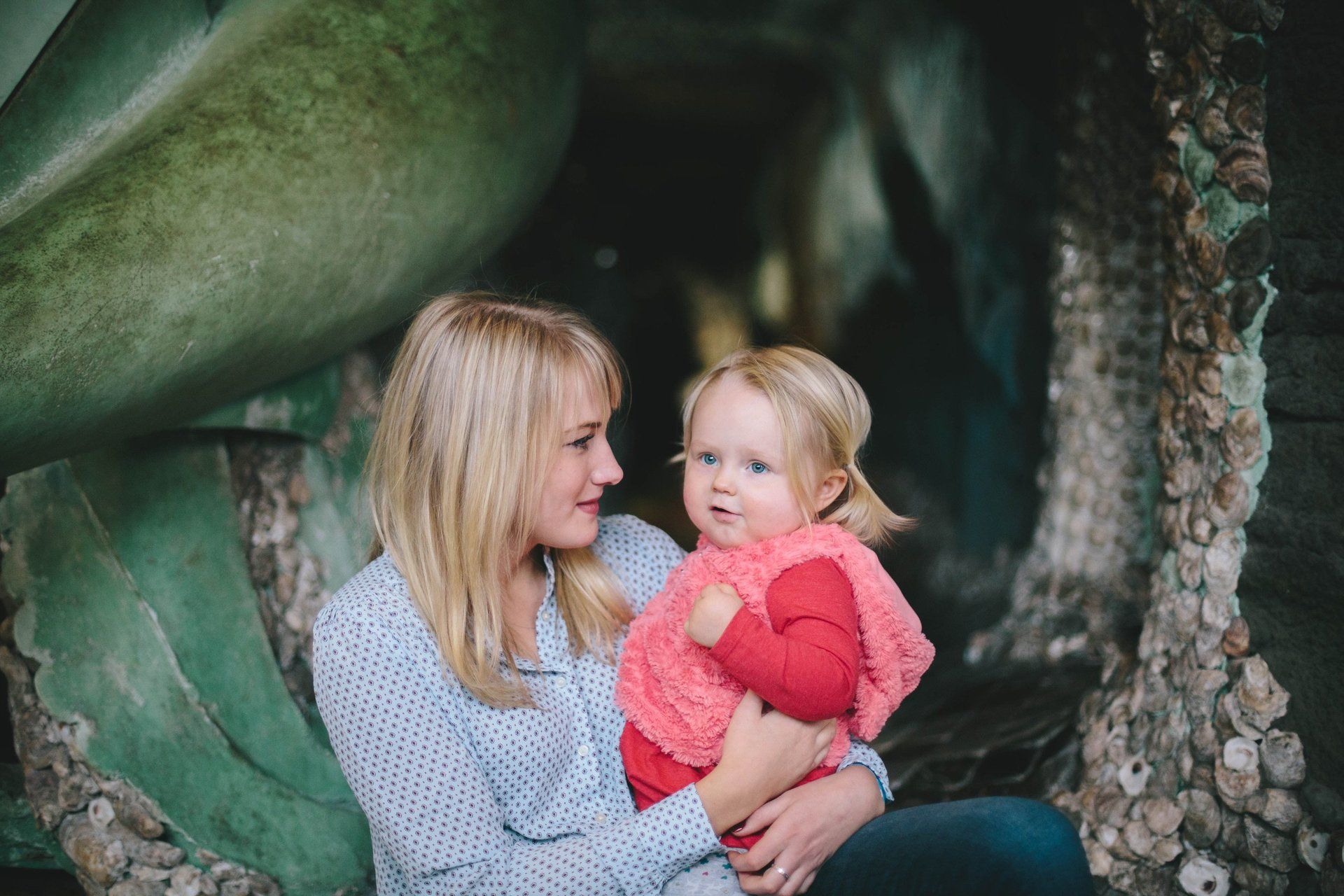
By Priya Amlani
•
08 Apr, 2020
From the time a baby is born, they require a loving and nurturing environment as they are dependent on their parents. The brain development of infants, as well as their social, emotional and cognitive development, is dependent on a loving bond with the main caregiver, usually a mother. (Please note in some cases the main caregiver may be the father or guardian). Some of the benefits to a child of a healthy Parent-Child relationship include: A better chance of developing happy and content relationships with others in their life. Learns to regulate emotions under stress and in difficult situations. Promotes the child’s mental, linguistic and emotional development. Helps the child have good social skills. Lays the foundation for better academic success. Children also gain strong problem-solving skills when they have a positive relationship with their parents. A great sense of self which means the child has great self-esteem What a great Parent-Child Relationship looks like When you look at any two people who get on well and have a great relationship, you will notice plenty of playfulness between the two. There is a lot of mutual respect for each other, plenty of open conversation based on love and not fear and there is clear understanding. The better the relationship, the more the child tends to respect and listen to their parent. There is a healthy parent involvement and intervention in the child’s day-to-day life. The parent can be assertive when necessary and the child understands this is for their own good. Here are some tips to help strengthen your relationship with your children Tell your child you love them You all love your children, but it is important to remind them every day, no matter what age they are. It is even more important to tell them on difficult days how much you love them. If they have behaved badly, separate them from their behaviours, for example you would let your child know you didn’t like the behaviour, but you love them unconditionally. A simple “I love you” can do a lot to strengthen a relationship. Play together Play is vital to children’s development. Young children can develop many skills through the power of play. As well as it being fun and helping you develop your relationship with your child, it can help a child’s language, emotional, creative and social skills. Spend one on one time with your children If you have more than one child, make a point of spending individual time with each of them. Quality, individual time with your child will strengthen your bond, build their self-esteem and will let them know they are valued. Even 10 minutes a day can make a big difference in establishing good communication habits. This time with your child ought to be without any distractions. Turn off the TV, put away your phone or any other technology and spend some quality time together. Eat meals together Eating together as a family sets the stage for conversation. Encourage no technology at the table and enjoy each other’s company. Vary the conversations and involve all your children. Listen and empathise Connection starts with listening. Do your best to see things from your child’s perspective and foster mutual respect. Praise your children A UCLA survey from a few years ago, reported that the average one-year old child hears the word, ‘No!’ more than 400 times a day! This can be very damaging to the child’s self-esteem and self-confidence. It is important that you are aware of this and make a conscious effort to praise the behaviours we want to see. This often reduces the negative behaviours. It’s never too late! It’s never too late to build a connection with your child, whatever their age, even if things have gone astray. More effort may be required by you, but it can be salvaged through love, personal attention and care.
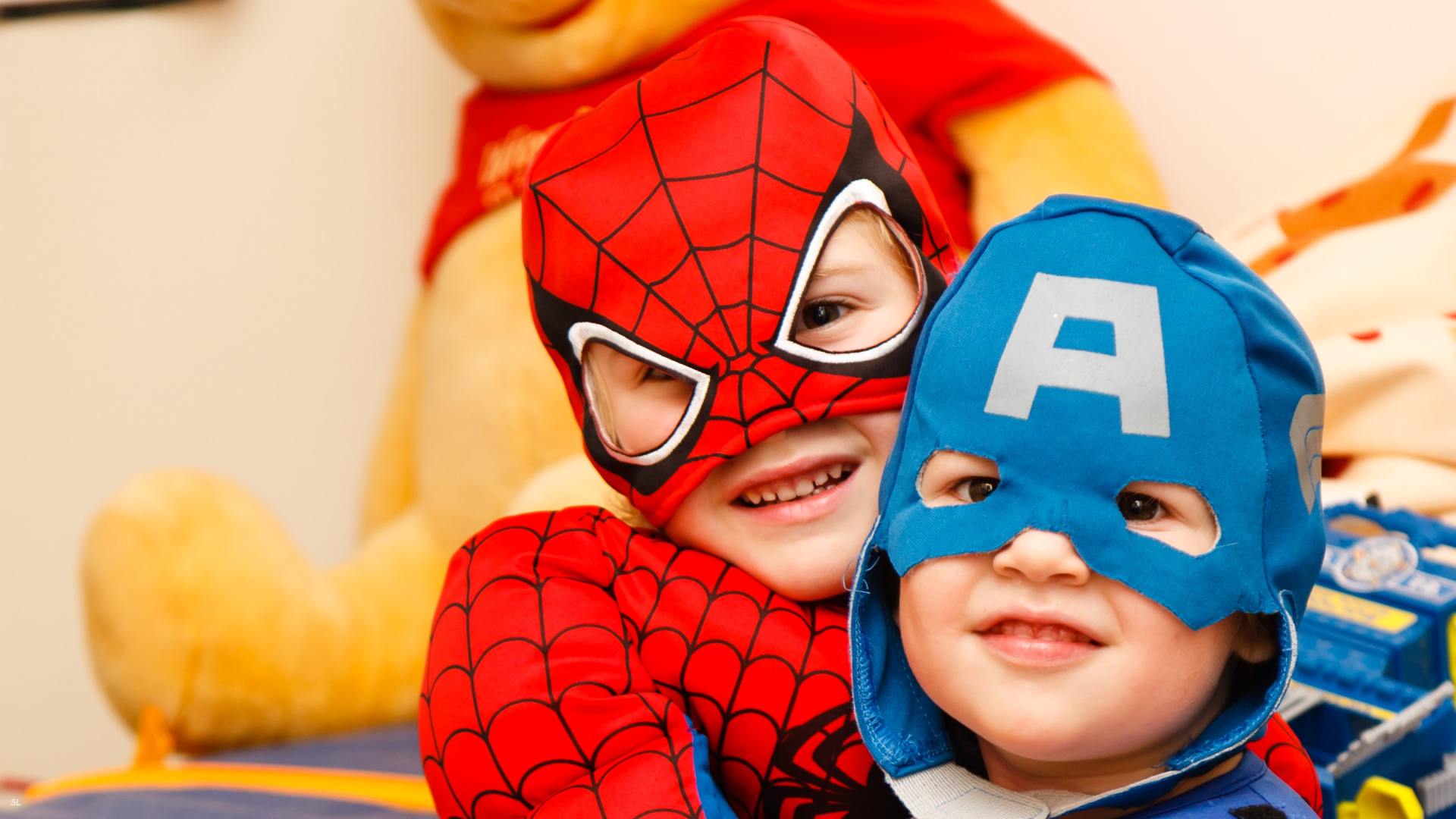
By Priya Amlani
•
24 Mar, 2020
A video on how to balance your & your children's needs over the next few months whilst isolating. This video is based on the 6 human needs by Tony Robbins and will be useful for all families and couples. Apply this and your children will be listening to you. You can follow me on facebook https://www.facebook.com/AmlaniCoaching/
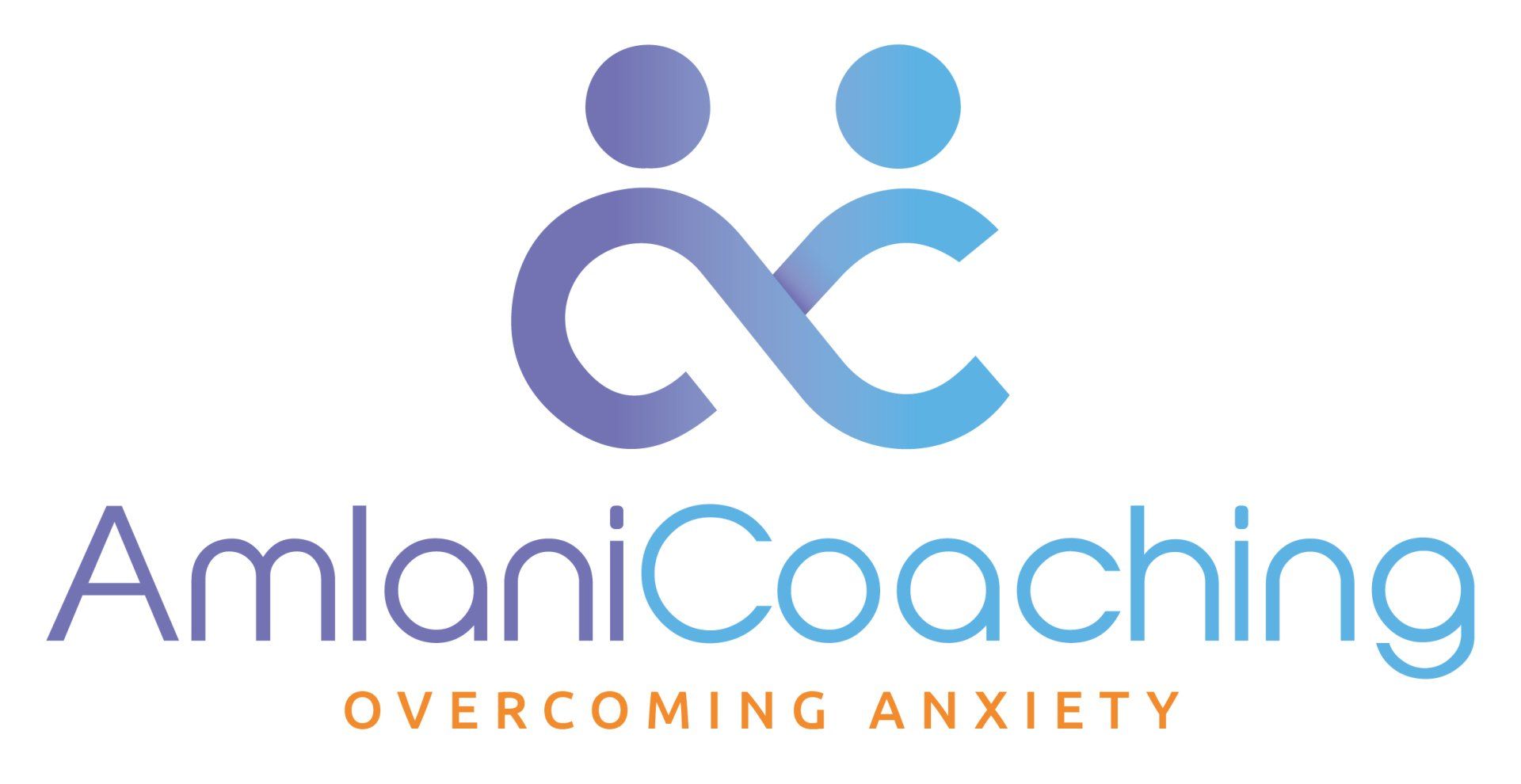
Contact Us
© 2024
All Rights Reserved | Amlani Coaching
